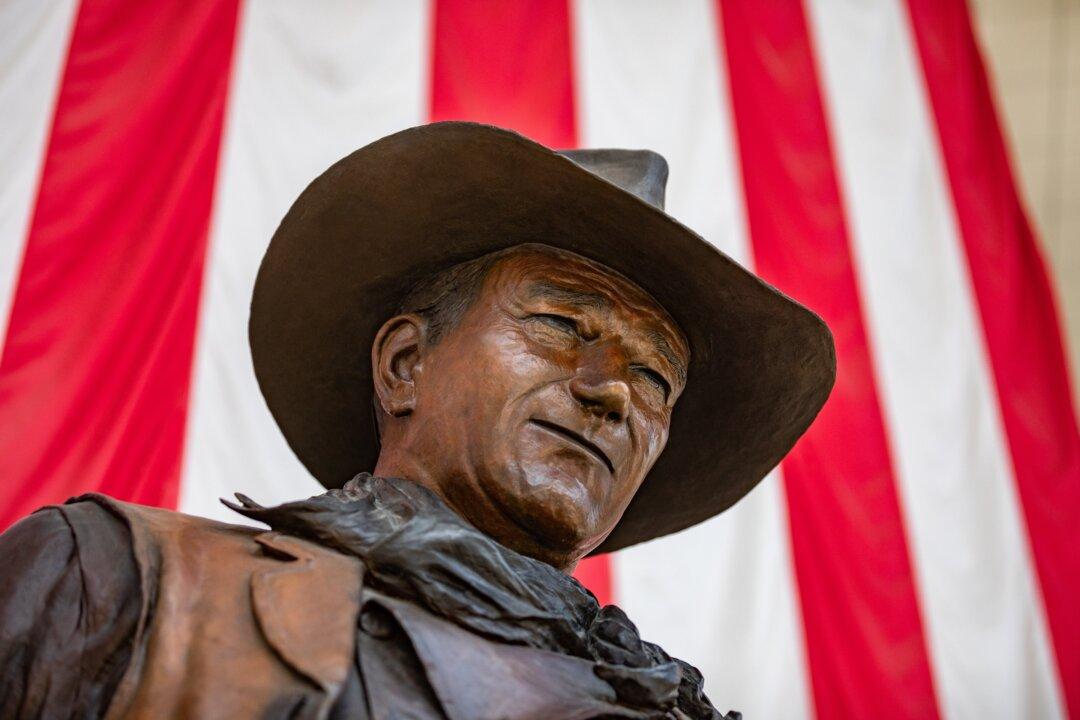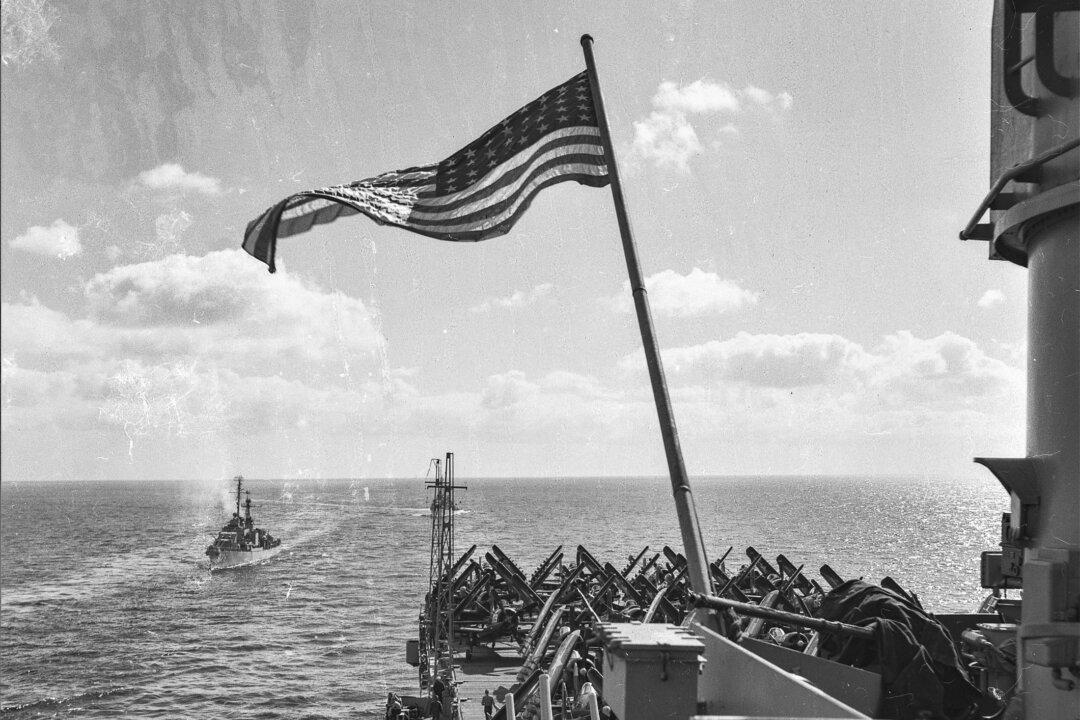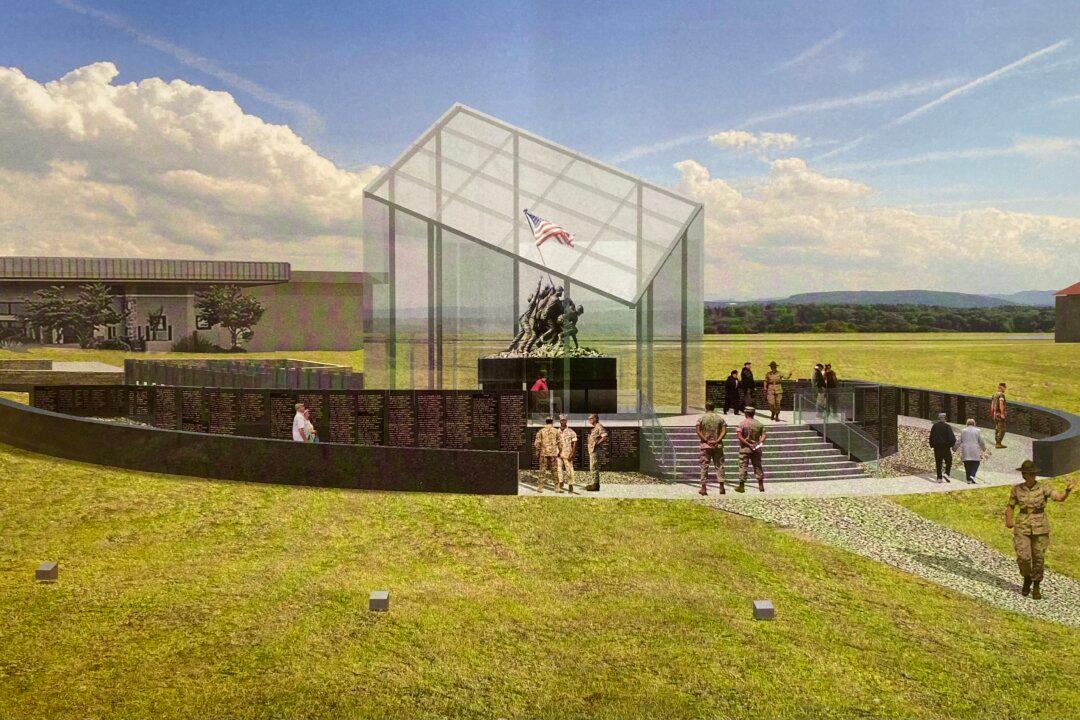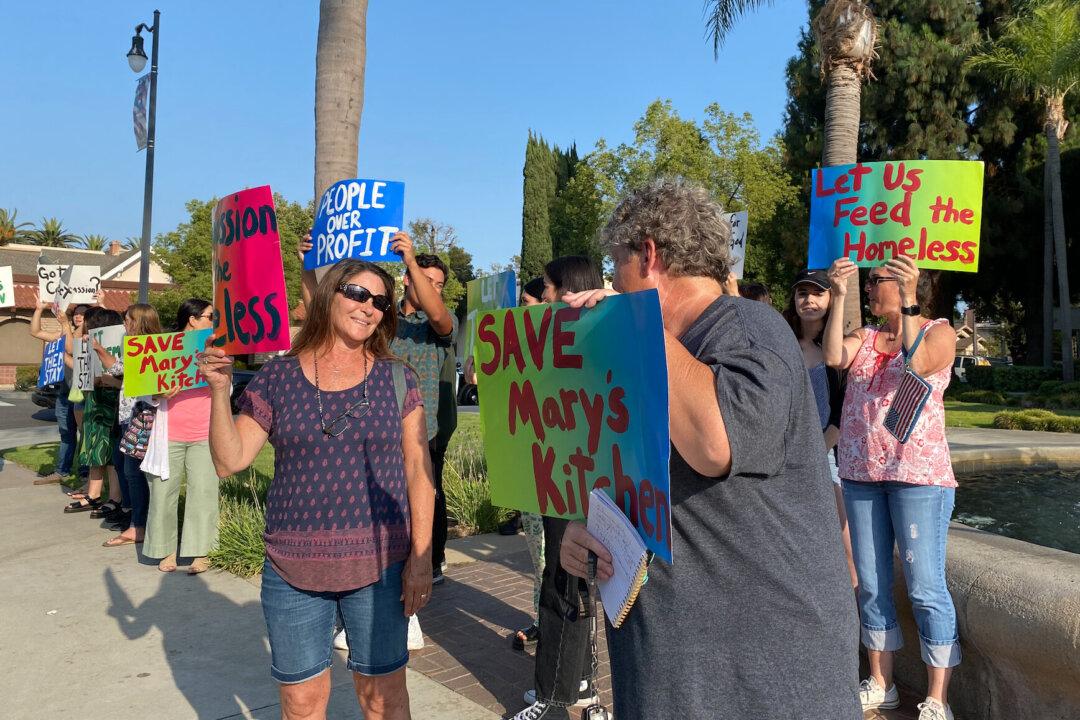ORANGE, Calif.—Amid nationwide protests, some activists are calling for the removal of statues and the renaming of places they say reflect a history of racism.
Most such demands across California have focused on key historical figures such as Junipero Serra, Francis Scott Key, Ulysses S. Grant, and Christopher Columbus. But in Orange County, the subject of controversy is one of the most famous actors in U.S. film history: John Wayne.





